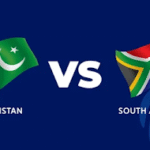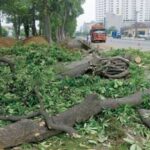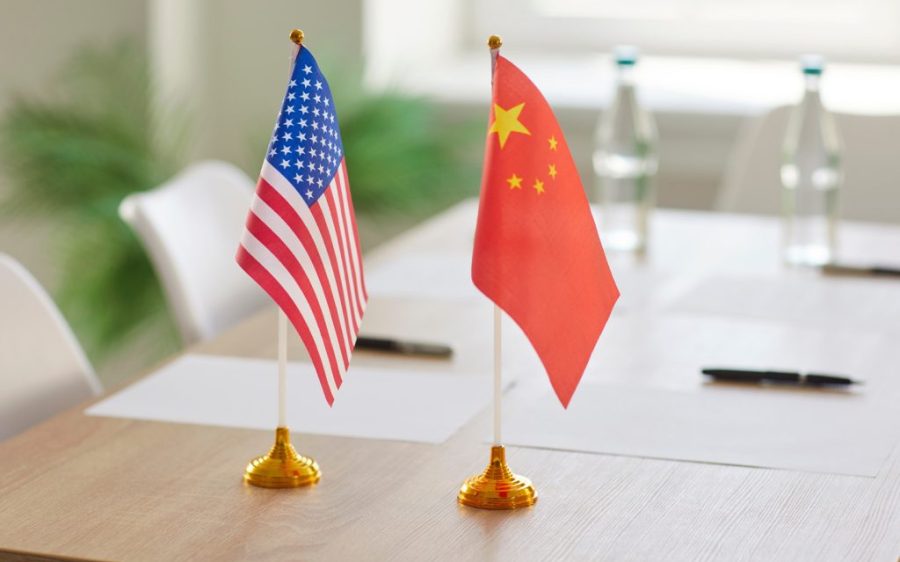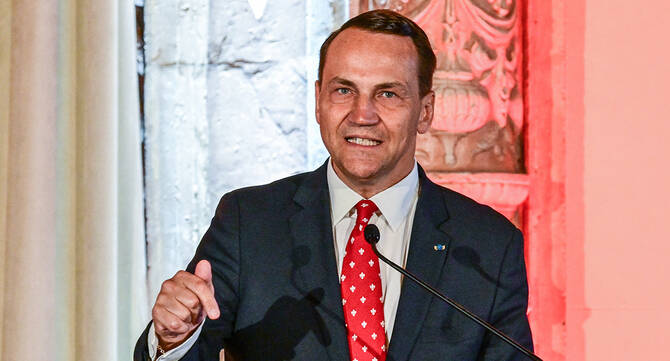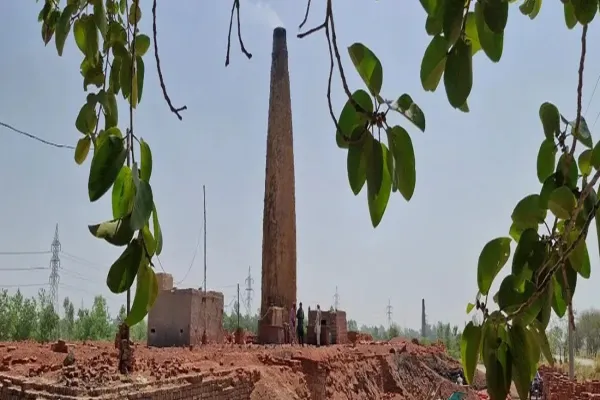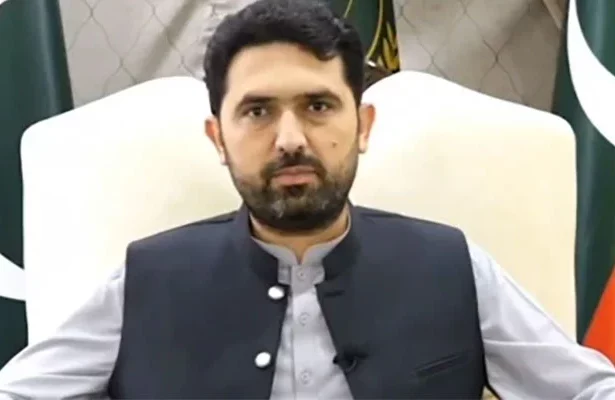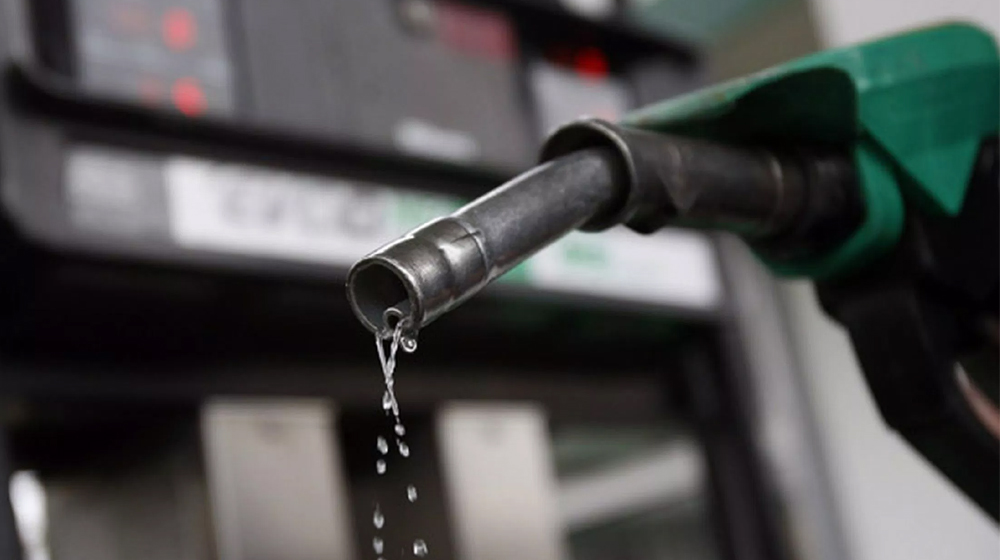Tehran says all limits on its nuclear program have expired as the 2015 landmark deal officially ends. Iran announces end of 2015 nuclear deal: On Saturday, Iran announced that it is no longer bound by the restrictions of the 2015 nuclear agreement. Its statement clearly shows the expiry of the 10-year nuclear pact of Iran …
Iran Declares End to Nuclear Deal Restrictions
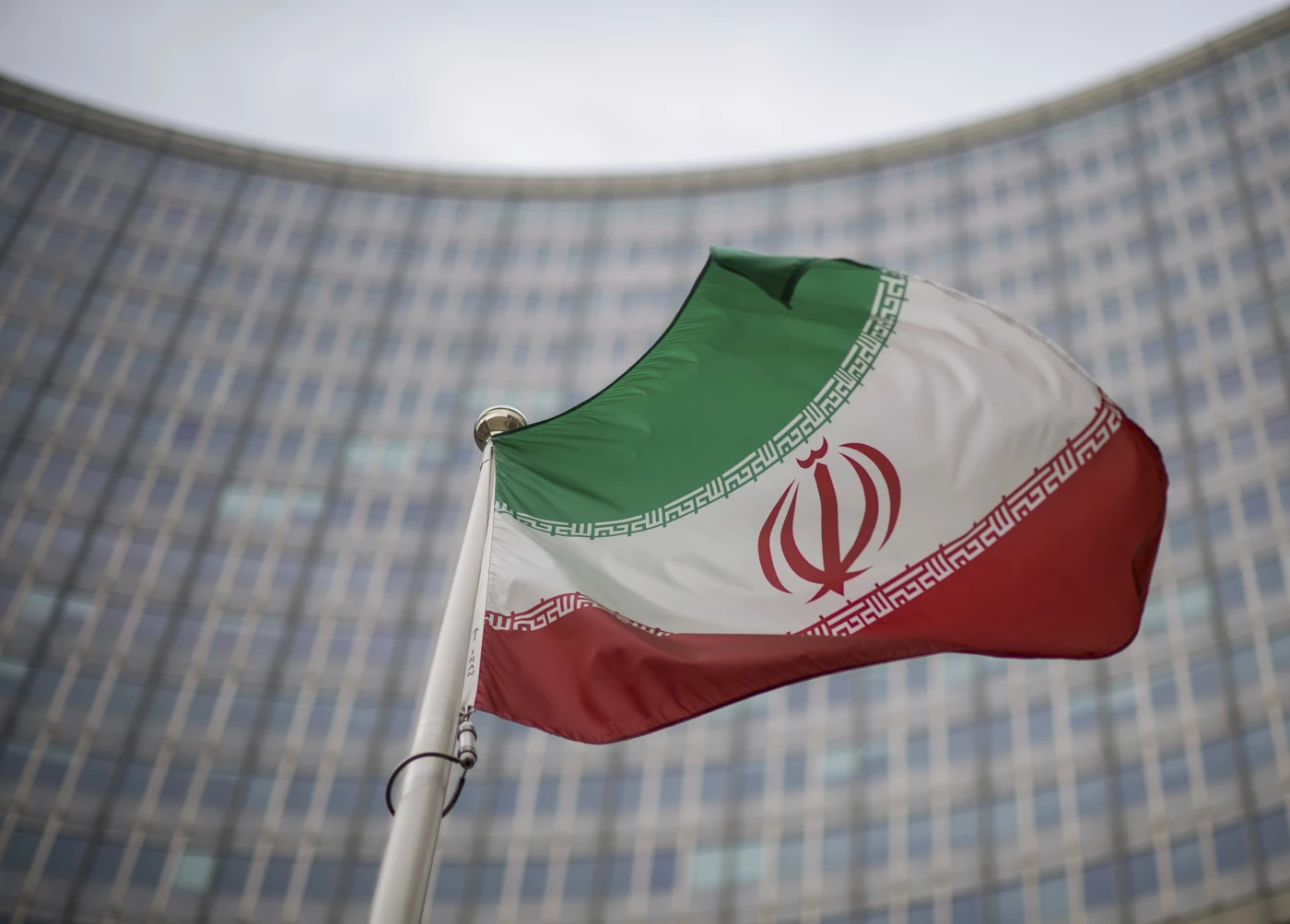
Tehran says all limits on its nuclear program have expired as the 2015 landmark deal officially ends.
Iran announces end of 2015 nuclear deal:
On Saturday, Iran announced that it is no longer bound by the restrictions of the 2015 nuclear agreement. Its statement clearly shows the expiry of the 10-year nuclear pact of Iran with the world’s nuclear powers. However, despite the termination, Tehran reaffirmed its “commitment to diplomacy” and insisted that its nuclear program remains peaceful.
The landmark deal was signed in Vienna in 2015. The deal involved Iran, the United States, China, Russia, France, Britain, and Germany. It lifted international sanctions on Iran in exchange for strict limits on uranium enrichment and close monitoring by the International Atomic Energy Agency (IAEA).
Deal in tatters after US withdrawal:
The nuclear agreement, known as the Joint Comprehensive Plan of Action (JCPOA), had been weakening for years. In 2018, Donald Trump unilaterally withdrew from the deal and reimposed sanctions on Iran.
In response, Iran began rolling back its commitments, enriching uranium beyond agreed limits and reducing cooperation with the IAEA. Last month, the reimposition of UN sanctions by Britain, France, and Germany effectively rendered the accord meaningless.
Iran declares restrictions ‘Terminated’:
Iran’s foreign ministry said that “all provisions and restrictions of the deal are now considered terminated.” The ministry emphasized that Iran remains open to talks but will no longer comply with limits on uranium enrichment or nuclear development.
The official statement read, “Iran firmly expresses its commitment to diplomacy.” It highlighted that Tehran still prefers dialogue over confrontation.
Concerns over Uranium enrichment:
Western powers have long accused Iran of seeking nuclear weapons. Iranian officials insist that their nuclear program serves civilian purposes only, including energy production and medical research.
According to the IAEA, Iran has enriched uranium up to 60% purity, which is near the 90% threshold required for nuclear weapons and well above the level needed for peaceful energy use. This has raised global concerns about Iran’s intentions and the future of nuclear stability in the region.
Tensions with the IAEA and Western powers:
In July, Iran suspended cooperation with the IAEA. It accused the agency of failing to condemn Israeli and US airstrikes on its nuclear facilities during the recent 12-day war with Israel. Tehran said those attacks and Western silence were “irresponsible actions” that derailed its diplomatic engagement.
Iranian Foreign Minister Abbas Araghchi, in a letter to the United Nations, declared that the expiration of the 2015 deal makes the reinstated sanctions “null and void.”
European response and renewed pressure:
Britain, France, and Germany have called on Iran to return to negotiations and restore cooperation with the IAEA. They accuse Tehran of refusing to meet inspection requirements and continuing nuclear activities beyond peaceful limits.
Iran’s foreign ministry, however, blamed the European trio for sabotaging previous efforts to resume talks. Tehran said, “Their irresponsible actions undermined the framework for renewed cooperation.” It referred to recent attempts to revive dialogue through the Cairo framework.


